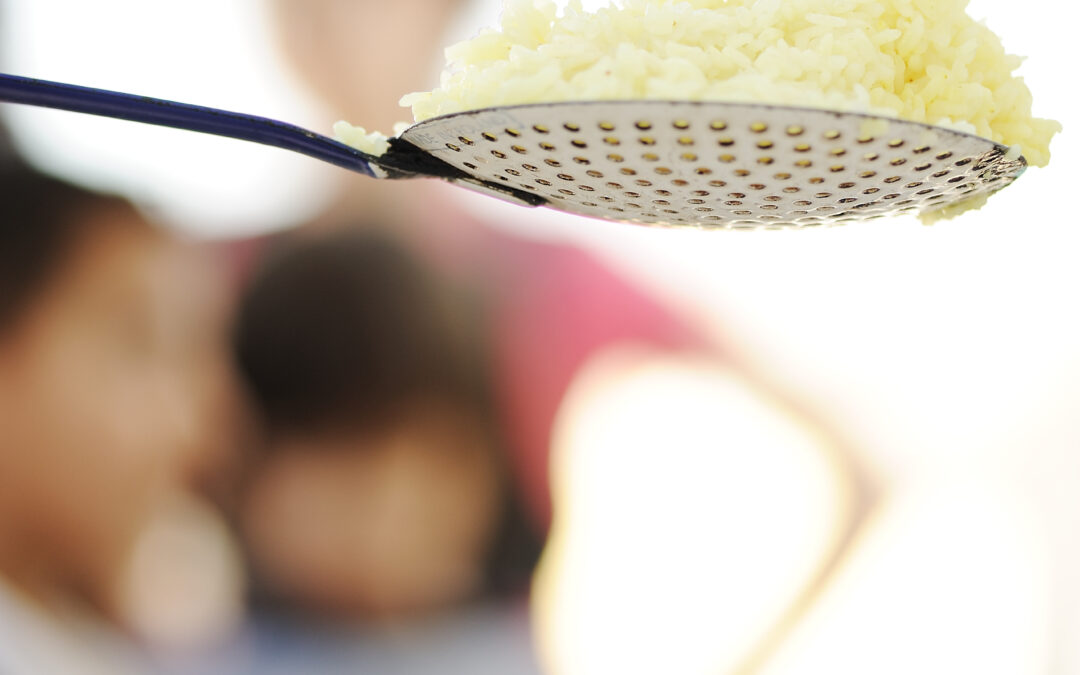Emergency preparedness is an essential aspect of ensuring your family’s safety and well-being in times of crisis. A disaster can strike at any time, leaving you without power, water or access to medical care. Being prepared for these situations can make all the difference between life and death. In this blog post, we will discuss what emergency preparedness entails, why it’s important, how to create an emergency kit, first aid supplies, water and food storage, shelter and warmth, communication and evacuation plans, practicing your plan, and taking action today.

Introduction: What is Emergency Preparedness?
Emergency preparedness refers to the steps taken by individuals, families, and communities to ensure they are ready for unexpected events such as natural disasters, pandemics, terrorist attacks, or other crises that may occur. It involves being proactive rather than reactive, which means planning ahead before a crisis strikes. By doing so, you can minimize the impact of the event on yourself and those around you.
The Importance of Being Prepared
Being prepared for emergencies is crucial because it helps reduce stress, anxiety, and fear during difficult times. When people are unprepared, they tend to feel overwhelmed, helpless, and vulnerable. However, when you have a plan in place, you can respond quickly and effectively to any situation. Additionally, having an emergency kit with necessary supplies can help keep you safe until help arrives.
Creating an Emergency Kit
An emergency kit should contain items that will help sustain you and your loved ones during the first 72 hours after a crisis occurs. These items include non-perishable food, water, first aid supplies, flashlights, extra batteries, and portable chargers. Other essentials include personal hygiene products, medications, copies of important documents, and cash. Your kit should be stored in a convenient location where everyone knows its location.
First Aid and Medical Supplies
In addition to creating an emergency kit, it’s also vital to stock up on first aid supplies. This includes bandages, antiseptic wipes, sterile gauze pads, tweezers, scissors, and pain relievers. If anyone in your household has specific medical needs, make sure to include their prescription medications in your kit.
Water and Food Storage
Access to clean drinking water is critical during emergencies. Store enough water for each person in your household to last three days. This equates to one gallon per day per person. Also, store non-perishable food items like canned goods, energy bars, and dried fruits. Make sure to rotate your supply every six months to ensure freshness.
Thank you for reading this post, don't forget to subscribe NOW for FREE!
Shelter and Warmth
If you live in areas prone to extreme weather conditions, consider investing in emergency heaters or cooling systems. Have plenty of blankets and sleeping bags available to keep warm during cold temperatures. If you need to evacuate, know the locations of nearby shelters and have a plan to get there safely.
Communication and Evacuation Plans
Having a communication plan in place is essential during emergencies. Establish a meeting point for your family members to gather if you become separated. Designate someone out of state to serve as a central contact point for everyone to check in with. Finally, practice evacuating your home regularly to ensure everyone knows what to do in case of an emergency.
Practicing Your Plan
Regularly reviewing and practicing your emergency plan is key to ensuring its effectiveness. Conduct drills with your family members to test different scenarios and identify weak spots in your plan. This way, you can adjust your strategy accordingly and improve your chances of survival during a real emergency.
Conclusion: Taking Action Today
Taking action today to prepare for emergencies can save lives tomorrow. Don’t wait until it’s too late to start preparing. Follow the tips outlined above to create an effective emergency plan and ensure the safety of your family during times of crisis. Remember, being prepared isn’t just about surviving; it’s about thriving despite adversity.






